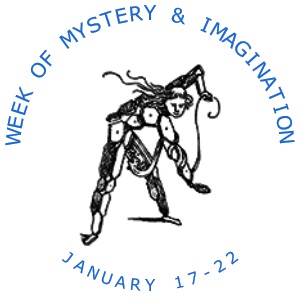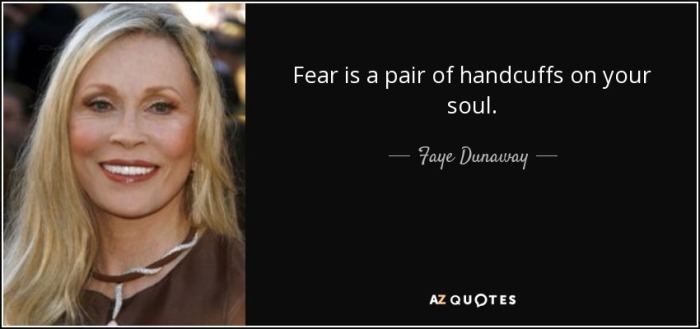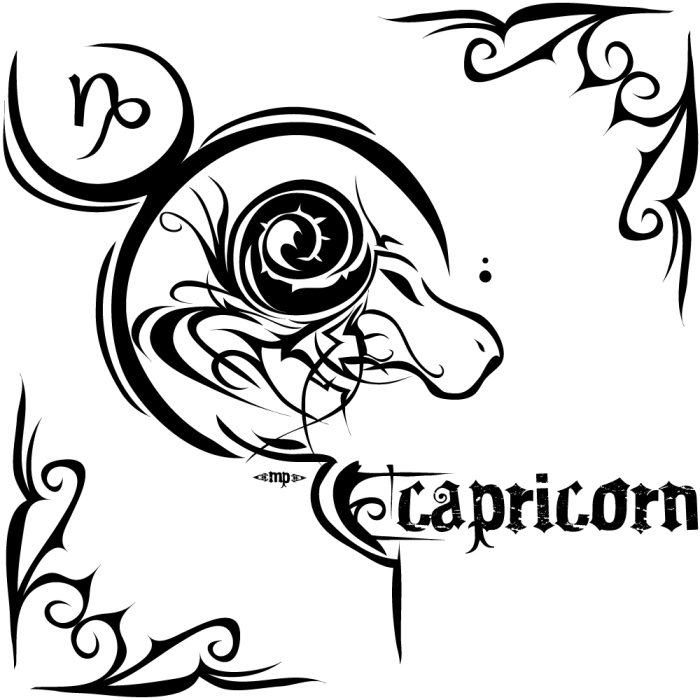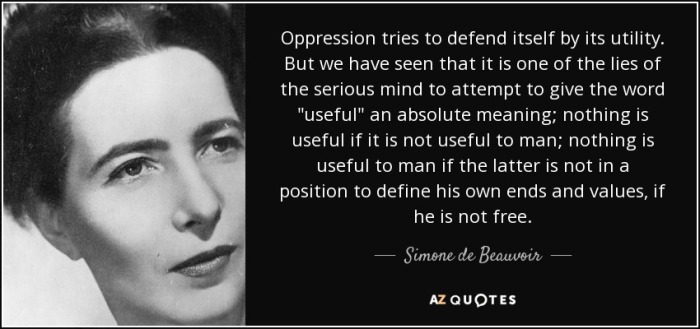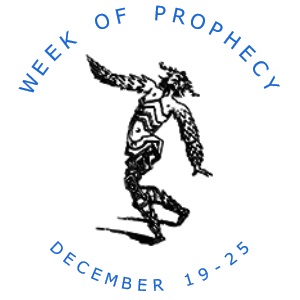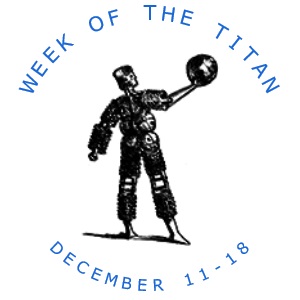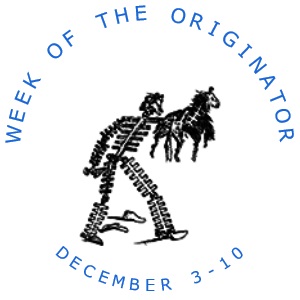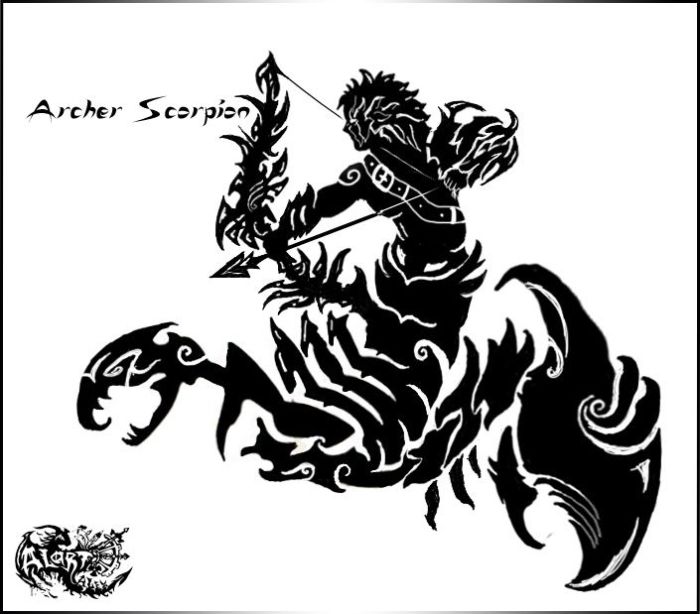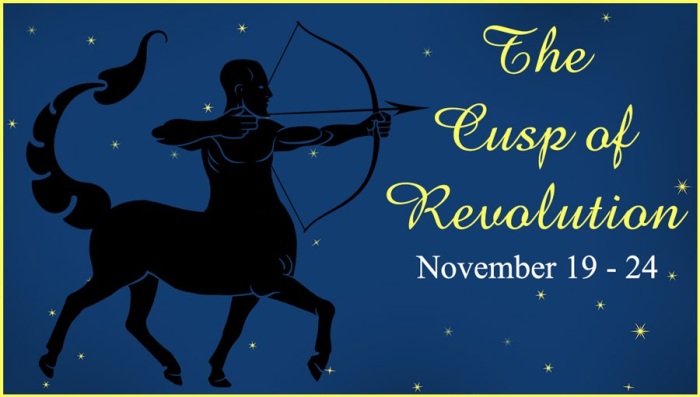
“Genius”
Aquarius I
January 23 – January 30
Zodiac Position: Approximately 2’ – 11’ Aquarius
Season: Mid-Winter
Element: Air
Ruler: Uranus
Symbol: The Water Bearer
Mode: Thought
Strengths:
- Precocious
- Unique
- Self-taught
Weaknesses:
- Reckless
- Distracted
- Stressed Out
The Aquarius I period takes Genius as its central image. According to The Grand Cycle of Life, this period can be symbolically likened to the years of a person’s early seventies. At this time, a more universal understanding of nature, time and man has emerged. Having to impress others, struggling to accumulate money, striving for success, shouldering family responsibilities – for many, these are a thing of the past. Time can be spent reading and thinking, and perhaps considering philosophical matters or areas of social or international concern. Ideally, wisdom has crystallized, for the outlook of a person this age is now somewhat fixed. The days that comprise Aquarius I symbolically reveal the elder facing advanced age and coming to the hard realization that not so many years may be left. Concerns of character, withdrawal from the world, thoughts about human destiny, but also memories of high points in life, for oneself and others – extraordinary scientific, philosophical or physical achievements – may be mentally surveyed.
Although Aquarius I’s may not necessarily be more intelligent than others in the year, they generally learn quickly and exhibit an alert, even high-strung demeanor. Like thoroughbreds, they are hot-blooded types, usually champing at the bit to get on with it. Patience is not one of their virtues, and Aquarius I’s show a marked itchiness with those slower sorts who need time to express themselves and make decisions.
Aquarius I’s often arouse other people’s amazement, and also jealousy, due to the speed and ease with which they pick things up at the first go. When they are young, this ability may manifest precocity, but parents and teachers who do not understand them may criticize them as superficial, and for lacking the stick-to-it-iveness to see a project through. But although it is true that Aquarius I’s are easily bored, they are quite capable of perseverance when they feel it is warranted. Not everyone born in this week has the ability to learn so fast, but most value mental skills highly and try to develop them, whether born with them or not. They also prize education, but not always the kind found in school: Aquarius I’s believe that experience is the best teacher and are often self-taught types. The lure of worldly excitement will often entice them away from the classroom, and travel to foreign lands can have a peculiar fascination for them.
In their careers, those born in this week want to have things their own way. They rarely do well in jobs where they are told what to do. Self-employment or independent positions suit them better, particularly if their work allows them the freedom to make choices, plan, change direction, follow their instincts and be true to what they believe. Although Aquarius I’s can be excellent leaders, whether of families and social groups or in their professional environments, they have no essential need to either rule or dominate. Their greatest need in relation to other people may actually be just the need for attention, since every performer ultimately needs an audience.
It is extremely important for Aquarius I’s to give every project they work on their own personal stamp. People who enjoy the individual expression of others are fond of those born in this week, but their often destabilizing and self-centered energies can affect group projects adversely. Aquarius I’s often seem rebellious, but this is usually because of some attempt to tame or control them. Their impulsiveness can easily bring them into conflict with authority figures, or with those of a more conservative nature.
Once those born in this week accept their uniqueness and realize that their social needs and drives are less deep than they think, they will make great strides in their careers. More enlightened Aquarius I’s may come to realize that they can use their strengths best by pursuing a career that does not necessarily involve social contact. There are many areas of science, music, art, publishing or economics that can fit the bill. Part of the problem Aquarius I’s confront in working with others is that they tend to exhaust their talents and energies on those close to them, sometimes in a frustrated effort to fit in and feel that they really belong to a group.
On the negative side, the Aquarius I personality has a tendency to self-destructiveness. They are more hurtful to themselves than to others. They can be emotionally unstable, wired, self-absorbed, and can be easily upset. Their sensitivity to external stimuli may be pronounced in such moods, and they may have an acute need to withdraw to a quiet place, away from the bustle of the world. Easily stressed out, even prone to periodic breakdowns, Aquarius I’s must learn to toughen themselves. If they can become less easily aroused, they will deal more effectively with the exigencies of everyday life.
In matters of love, Aquarius I’s insist that their mates understand their need for freedom. They will not be tied down to fixed routines and schedules. Friends and lovers with more demanding expectations of them are in for a rude surprise; Aquarius I’s will rarely accept restriction. Chafing at constraint, they may just try find another free spirit to get involved with, a solution that may work in the short term but seldom provides the stability and permanence required for deeper commitment. Some Aquarius I’s may indeed desire a permanent, faithful, giving and stable partner but may also seek the freedom to carry on all kinds of other relationships, sexual, or otherwise, at the same time. By practicing this kind of double standard, these Aquarius I’ seek to satisfy both their needs and their desires, but also show their disregard for others.
Those who choose family life will have to learn to direct their energies efficiently, share responsibilities, budget their time and, above all, conquer their need for attention. Their charismatic side often attracts the wrong kind of people, and this may keep their energy from those whom they love and who really need it, particularly family members. Restricting themselves to a well-chosen circle of close friends, and concentrating on those who have a stabilizing effect on them psychologically and are not needy people, will contribute greatly to their happiness.
ADVICE:
Clarify a realistic picture of yourself in your mind’s eye. A certain amount of undesirable personal interaction is always necessary try to be a bit more thick-skinned and, if necessary, downright insensitive. Cultivate calm, patience, and persistence rather than always going your own way. Learn to handle frustration and be tough enough to quietly demand the very best for yourself.
AQUARIUS I NOTABLES:
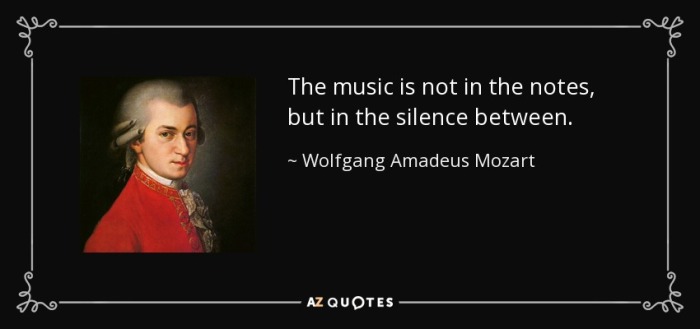
Certainly the most precocious musical prodigy the world has ever known, Austrian composer Wolfgang Mozart exemplifies the dazzlingly quick abilities of those born in the Week of Genius. Yet perhaps the greatest struggle for Mozart was taking his place in the adult world, where values like maturity, responsibility and hard work were stressed. That he was successful artistically in his struggle can be seen in works like the operas Don Giovanni and The Magic Flute and in his late symphonies and piano concertos, although his personal life remained somewhat chaotic. Dead at 35 under mysterious circumstances, leaving an unfinished commissioned requiem, which proved to be his own, the prolific Mozart had already written enough masterpieces for a dozen lifetimes.

TV and film star Oprah Winfrey fits the pattern of precocity frequently found in Aquarius I’s who tend to give public performances at an early age. Her first notable appearance was delivering the Easter sermon in church at age 2. Oprah majored in speech and drama in college, was voted Miss Tennessee and by the age of 19 was already a local CBS anchor. Reported the highest-earning women in America for several years now, Oprah can attribute her tremendous success to the empathic bond she has formed with her audience, partly due to her honesty about her own childhood and personal life. Oprah reached out and touches her audience not only figuratively but literally, making the human bond even stronger. Her role in the film The Color Purple demonstrates her extraordinary versatility.

Elected U.S. president 4 times, Franklin Delano Roosevelt was possibly the most popular public figure in the 20th century. His New Deal reforms were credited with bringing America out of the Depression. As commander in chief, he guided the country in WWII and, more than anyone else, was responsible for winning the war. Although FDR fits the Aquarius I mold as impatient and itching to get on with implementing his latest schemes, he was also frivolous, reckless and overconfident when younger. Perhaps it was the polio that crippled and immobilized him in 1921 that was most responsible for allowing him to become more mature, thoughtful and compassionate.
